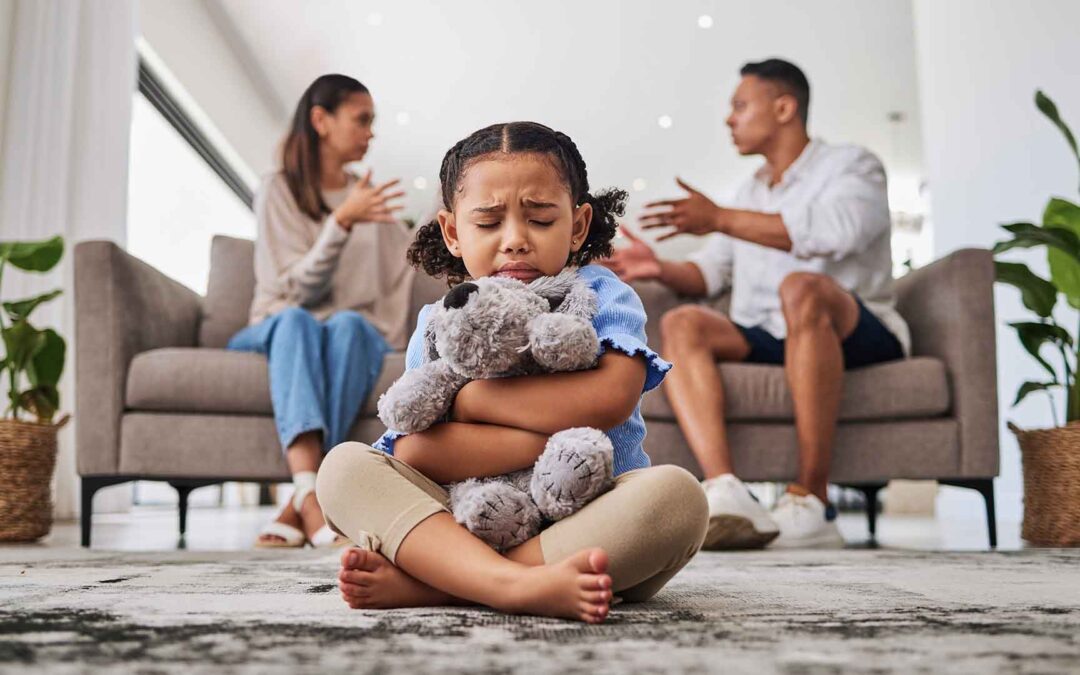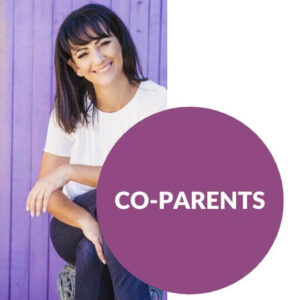Navigate Co-parenting like a Pro!
By Hila Carlin, Social Worker Consulting at PsychMatters
“Parenting through divorce doesn’t need to be permanently difficult. With over 50% of marriages terminating, and the psychological, physical and social sequele of high conflict during and after divorce or separating has on a child, this topic is paramount in navigating wholesome parenting post-separation,” says Joanna Kleovoulou, clinical psychologist and founder.
This is what Hila Carlin (experienced social worker and consultant at PsychMatters) has to say;
If you’re having a tough time co-parenting with your previous spouse or partner, you may need to know about the assistance of using Parenting Coordination (PC).
We all know that legal fights can make conflict worse, especially when it comes to deciding who gets custody. Parenting Coordination (PC) is a process designed to help co-parents implement the terms of their parenting plan smoothly and with minimum hassle.
Parenting Coordination helps ensure that decisions about what is in the best interests of the children are in line with their developmental needs. At its core, PC aims to reduce the conflict that children are exposed to during divorce or break-ups. A key component of PC is arbitration. Arbitration is an alternative dispute resolution method where a neutral arbitrator is empowered to make binding decisions.
Studies have consistently found that when parents argue about visitation or custody issues, the children have a harder time adjusting to the divorce or break-up. It goes without saying that constant fighting between parents is not good for the kids.
It can make it harder for the children to benefit from an otherwise positive parenting relationship. Additionally, continuously starting legal action is expensive, emotionally, and financially, for both society and the family.
When is it necessary to use Parenting Coordination?
PC is particularly helpful in situations characterised by high conflict between parents, a history of drug abuse, family violence, mental health problems, children with special needs, or when a parent has a negative or distorted view of the other parent. The parenting coordinator, often a lawyer, mediator, social worker or psychologist, may be appointed by the court or agreed upon by the parents themselves.
The role of the parenting coordinator is to stay neutral during the process and to help the parents emotionally separate and build a co-parenting relationship that honours the child’s right to love and enjoy both parents. The main aim is to make sure that kids get to spend time with both parents often – without getting caught up in conflicts that happen after the marriage or relationship between the parents has ended.
Getting through a divorce or break-up is hard, especially if kids are part of the picture. Parenting Coordination is a helpful tool, using a non-fighting approach that puts the best interests of the child first. By cutting down on arguments, encouraging good co-parenting and providing a clear process for resolving disputes, PC offers much hope for families dealing with the challenges of divorce and breakups.
The main focus should always be on the kids, and PC can make that happen.
If you think that having a Parenting Coordinator can help with your co-parenting, don’t hesitate to talk to your lawyer, reach out to the Children’s Court to appoint a PC, or contact Hila Carlin at PsychMatters.
Q&A
1. What makes Parenting Coordination different from traditional legal proceedings in custody/visitation cases?
Parenting Coordination is a non-adversarial process, which means that it uses mediation and arbitration to resolve issues. PC aims to reduce conflict during legal proceedings.
2. When is it necessary to appoint a Parenting Coordinator, and what situations might lead to it?
Parenting Coordination is especially needed in cases where there is a lot of conflict, drug abuse, family violence, mental health problems, kids with special needs, or where one parent has a particularly negative view of the other parent.
3. How does Parenting Coordination contribute to the well-being of the children during and after a divorce or break-up?
Parenting Coordination is vital in helping parents resolve disputes and build a co-parenting bond that puts the children first. PC works to reduce conflict and facilitate contact between parents and children in line with the terms of the parenting plan.
If you are struggling to have a workable relationship with your ex in the parenting process please give PsychMatters a call/ whatsapp on +27629758442 or book a slot on info@psychmatters.co.za.
If you liked this article we would love for you to forward on and share someone who may need it.
Latest Articles







